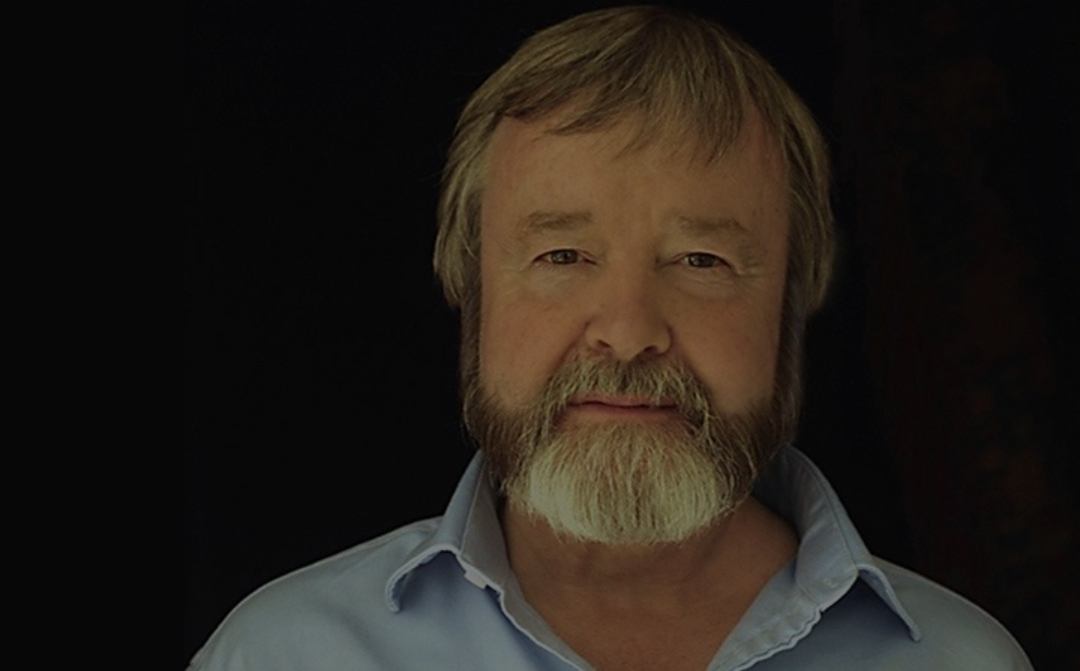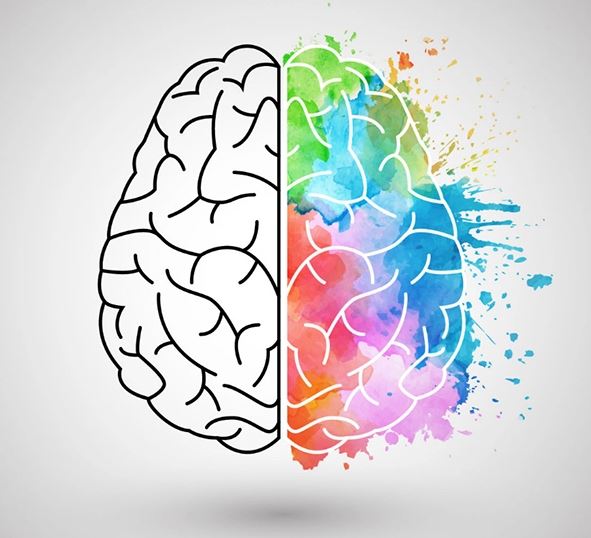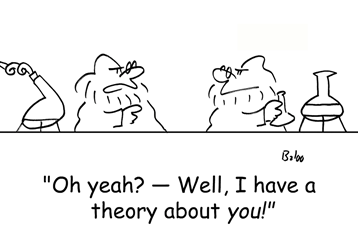
Abstract: A neuroscientist reflects on his near-death experience to ponder the nature of the human mind and the survival of consciousness after death. Ancient traditions, manifold personal experiences, nuanced philosophical views, and recent scientific evidence, all point to the brain as a filter (or receiver) of consciousness rather than its fanciful producer. No doubt, good-old-fashioned materialists —nowadays rebranded as physicalists, crypto-dualists, or illusionists wearing virtual reality goggles— insist that minds are “nothing but” what brains do. Nevertheless, a trans-materialist science can expand the scope and depth of the answers (and the questions) that really matter not only to science but also to human flourishing.

“I’ve just finished reading The Matter With Things: Our Brains, Our Delusions, and the Unmaking of the World (2021), Iain McGilchrist’s two volume follow-up to The Master and His Emissary (2009). Volume 1 of TMWT focuses on “the ways to truth,” revisiting the hemisphere hypothesis and unpacking the respective roles of the left and right hemispheres in attention, perception, judgment, apprehension, emotion, creativity, science, reason, imagination, and intuition. Volume 2 then explores the implications of the hemisphere hypothesis for what is likely to be true about the universe itself, including deep inquiries into time, motion, space, matter, consciousness, value, and the sacred…”

Our memories are often fuzzy and people sometimes make up stories after the fact. We are governed by irrational biases and can be easily fooled. I like to read books on brain science and behavioral economics and have gathered knowledge on this and that about the brain. Has it given me the ability to discern what is real or a good guidance to lead a better life? Unfortunately, I have no such confidence.

Science needs to be more scientific! That is to say, less dogmatic, more open in what is considers worth investigating.This goes hand in hand with the virtue of humility both about what we know, and about what we could ever know for certain

Why is this worth your time? Regular readers will be aware that I think Dr. Iain McGilchrist is one of the most consequential minds of our times. Last month he published a monster 1,400 page book, The Matter With Things. It’s his masterpiece, and an attempt to comprehensively expand on a thesis that has changed my life. I had the privilege of interviewing him last week.

The University of Virginia Center for Politics, led by Larry Sabato, provides polling results that show deep social, political, and psychological divides between Biden voters and Trump voters. Nowadays, it is common to think that large swaths of other people must be in denial.
In the old days, we argued good policy. Now we theorize one another.
Adam Smith had things to say about denial and self-deceit. Here I draw exclusively from The Theory of Moral Sentiments. Applications are in your hands—and breast.






